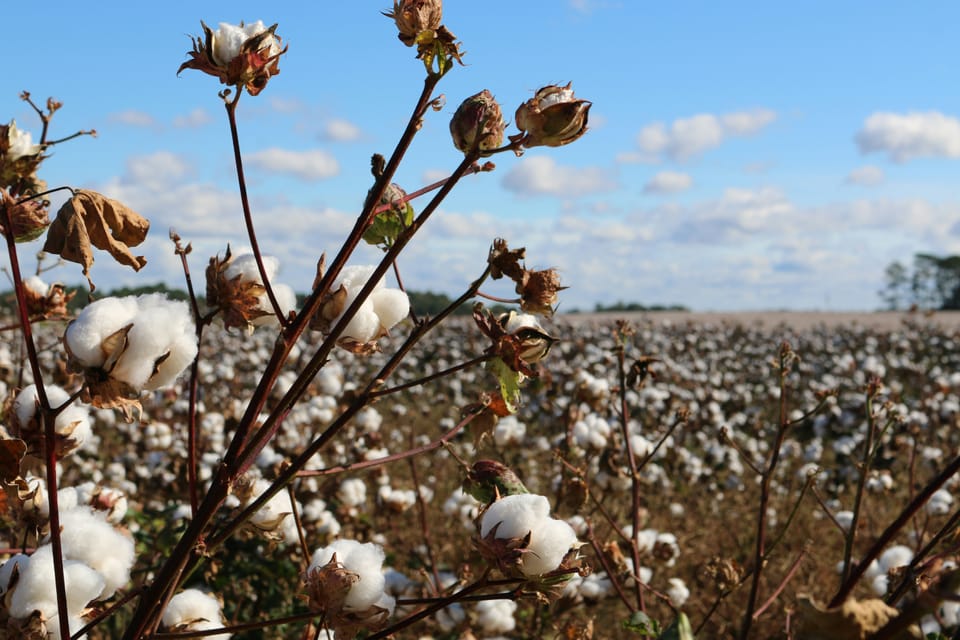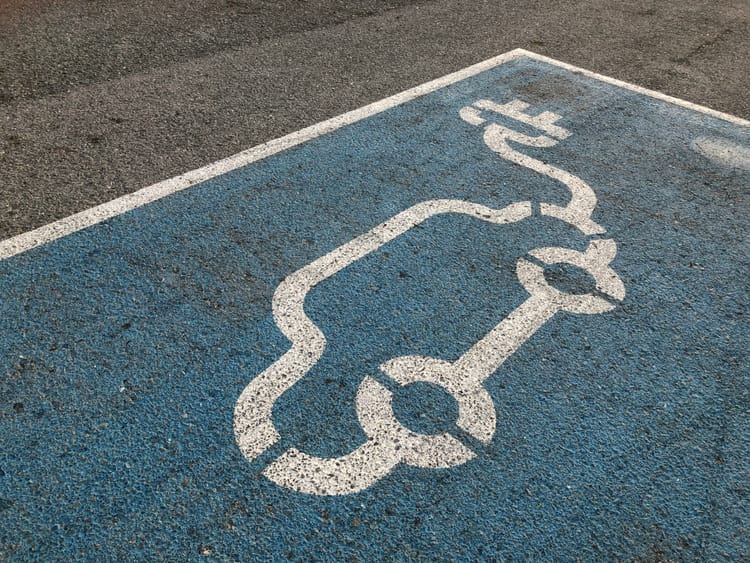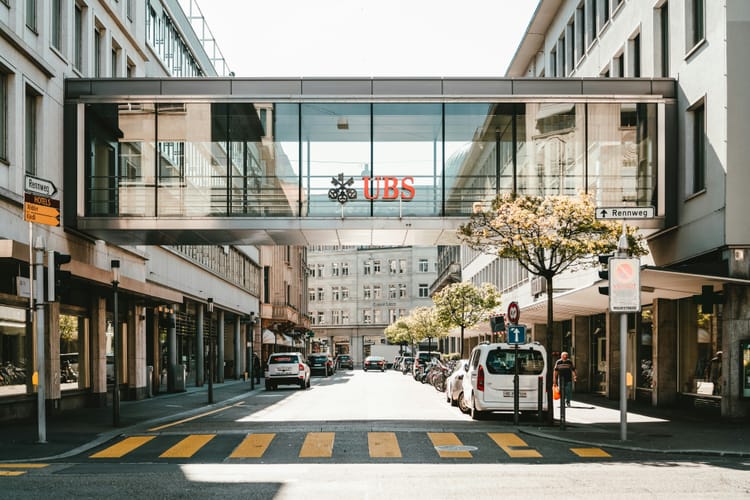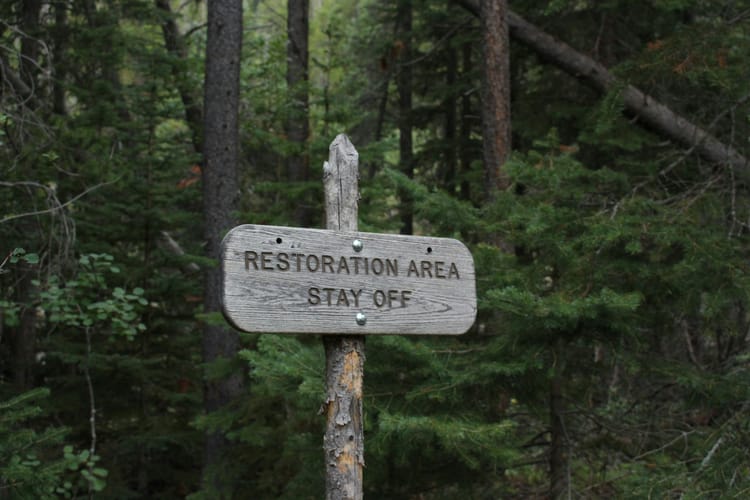Investigation links H&M, Zara's 'Better Cotton' to Brazilian deforestation

An investigation by NGO Earthsight has found that cotton used in H&M and Zara garments is linked to deforestation and land grabbing in the Brazilian Cerrado, despite bearing the Better Cotton seal.
The report, released this week after a year-long analysis where undercover investigators posed as investors to get access to thousands of shipment records, company reports and suppliers’ lists, sounds the alarm on the need for stronger supply chain traceability – including through regulation such as the Corporate Sustainability Due Diligence Directive (CSDDD).
Better Cotton ‘weaknesses’
The investigation sheds a light on the lack of transparency in fashion supply chains, but also criticises the use of voluntary sustainability labels without proper engagement and internal policies.
“Earthsight found a glaring problem with all this: the cotton we linked to land rights and environmental abuses in Bahia carried the Better Cotton label. This should not be surprising. BC has been repeatedly accused of greenwashing and criticised for failing to allow for full traceability of supply chains,” the authors write.
According to them, the legal requirements for producers to obtain the label are “excessively vague and say nothing about land ownership or land disputes”, bans on conversion of natural ecosystems fail to address prior deforestation, and the initiative’s upcoming traceability system is “woefully inadequate as it only traces cotton back to the country of origin, not to individual farms”.
The Better Cotton initiative also lacks social safeguards to protect local communities within and beyond farm boundaries, and its accreditation and governance systems present serious conflict of interest, since it is managed by Brazil’s cotton producers’ association, Earthsight adds.
Inditex demands answers from Better Cotton
Just before the report was published, Zara owner Inditex sent a letter to the CEO of Better Cotton, demanding more transparency and noting that “the trust that we place in such processes developed by independent organisations, such as yours, is key to our supply chain control strategy”.
But for Earthsight, brands have a responsibility to "go beyond using certification schemes to ensure their goods are ethically sourced" and develop their own internal policies and verification tools to prevent this type of issue.
“H&M and Inditex currently lack the policies and tools to make up for BC’s shortcomings. H&M’s human rights and sustainability policies fail to address communities’ rights or deforestation. Inditex’s environmental commitments do not seem to extend to its cotton suppliers,” warns the report.
Better Cotton issued a statement in response to the report yesterday, saying it welcomed the additional scrutiny and is working with stakeholders to strengthen its processes. “We have conducted an independent audit of the highly concerning issues raised which relate to three Better Cotton licensed farms in the state of Bahia in Brazil. We are committed to making a summary of the findings of the audit available to Earthsight and all our Members,” the initiative added.
Fashion supply chain transparency
H&M and Zara did not buy the cotton directly, but purchased garments made by Asian suppliers, which sourced their cotton from two of Brazil’s largest producers, SLC Agrícola and Grupo Horita – both of which have a track record of environmental and human rights violations.
Some fashion brands – including H&M – disclose a supplier list as part of their transparency efforts, but it rarely goes beyond Tier 1 (cut-and-sew garment factories). Raw materials such as cotton producers would belong to the fourth tier of retailers’ suppliers.
Meanwhile, others like Inditex still do not disclose a full supplier list, despite increasing pressure from NGOs and investors.







Member discussion